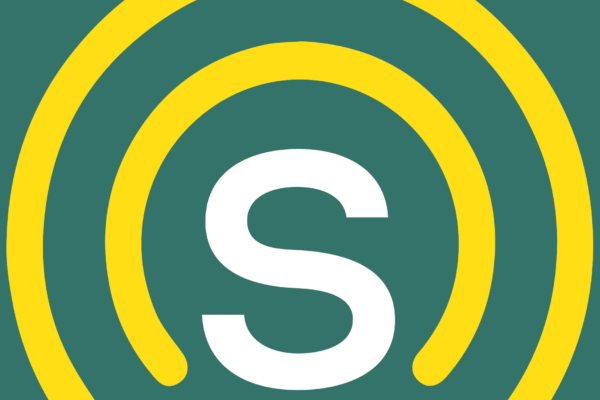Serial. Invisibilia. S-Town. Missing Richard Simmons. Podcasts have exploded as a new way to consume stories and information, and Jackie Vetrano of Skidmore College decided to dive in. This is Skidmore is the award-winning podcast now nearly 2 years and 30 episodes old, and Jackie shared her insight and tips for those of us who plan to do the same for our institutions.
The most important first step is establishing a goal and an audience for the podcast. Is it getting more alumni to give? Convincing prospective families to visit and students to enroll? Connect the on-campus community? Jackie and her team battled with these questions and ultimately decided This is Skidmore would be used as a brand awareness asset in her team’s toolbelt. Once this was established, it dictated the direction for episode ideas. Jackie and her team were aiming to showcase the Skidmore experience, tout alumni, student, and faculty success, and answer the question, “why Skidmore?”
Jackie shared her “Podcast Starter Kit Checklist” with the audience:
- Goal (“why?”
- Name/brand
- Schedule and episode ideas
- Host(s)
- Recording space and equipment
- Online hosting
- Buy in
Jackie explained that it’s important to check out other podcasts both inside and outside higher education to get inspired. Ultimately when it comes to format of a podcast, there’s two options. Sequential, where the listener needs to listen to episode 1 to understand 2, or episodic, where the listener has a “grab and go” option and can pick an episode whenever they want.
Jackie and her team opted for an episodic option, releasing a podcast each week. She developed four themes:
- Admissions confidential
- Faculty lecture series
- Alumni highlights
- Grab-bag (for everything else)
As great as this was, Jackie and her team immediately dismissed it. She stressed to the audience that when starting a podcast, you need to develop a realistic plan. With her resources and time (Other Duties as Assigned, remember?) she realized a weekly podcast wasn’t possible. It was decided then, that the podcast would release a new episode every other week.
The host is an important part of the podcast, as they’re now the “voice” of the institution. This can be a student, the president, a faculty member or well-known staff member, but be aware that the podcast may suddenly become their “other duties as assigned.” The other “host” that’s important to consider is where the podcast will be hosted. All that’s needed is an RSS feed, which can be developed through products such as SoundCloud, PodBean, or Libsyn.
When it comes time to record the first episode, it’s important to consider your guest. They may not want to be on the podcast, or have an understanding of what it is. Give your guest a lot of detail including some questions you may ask and why you thought of them for an episode. It will make them feel more comfortable and willing to be a guest. Equipment is the next most-important thing to think about. Initially, Jackie used one snowball microphone which produced fairly poor quality when there was multiple guests (which was always), and switched to a mixing board and individual microphones, producing much better audio.
After Jackie edits each podcast episode using Garage Band (it doesn’t have to be complicated!) she uploads the audio file to PodBean to populate the RSS feed given to iTunes, Stitcher, and Google Play for distribution. Then, viola! It’s right there on your phone!
To promote the podcast, Jackie uses the Skidmore website to embed episodes into web stories, and also re-uses old podcasts in relevant content. For example, a podcast about College Event’s efforts at Commencement 2016 published in the Commencement 2017 wrap-story. She also leverages social media – both paid and organic- to promote the show and specific episodes.
Jackie shared what she learned to conclude her presentation:
- Make a plan
- Have a backup plan, something will go wrong
- Collaborate with media services to get the best equipment
- Be authentic, don’t have an agenda
- Don’t be afraid to take a break
- Just do it!
This is Skidmore is available on iTunes, Stitcher, and Google Play, and also on Skidmore’s website.


One reply on “Other Duties as Assigned: Developing a Podcast”
Loved your presentation, Jackie! I got a lot of great takeaways that I plan to implement here at Rowan University in southern New Jersey. Thank you for presenting thoughtful, realistic advice and best practices.